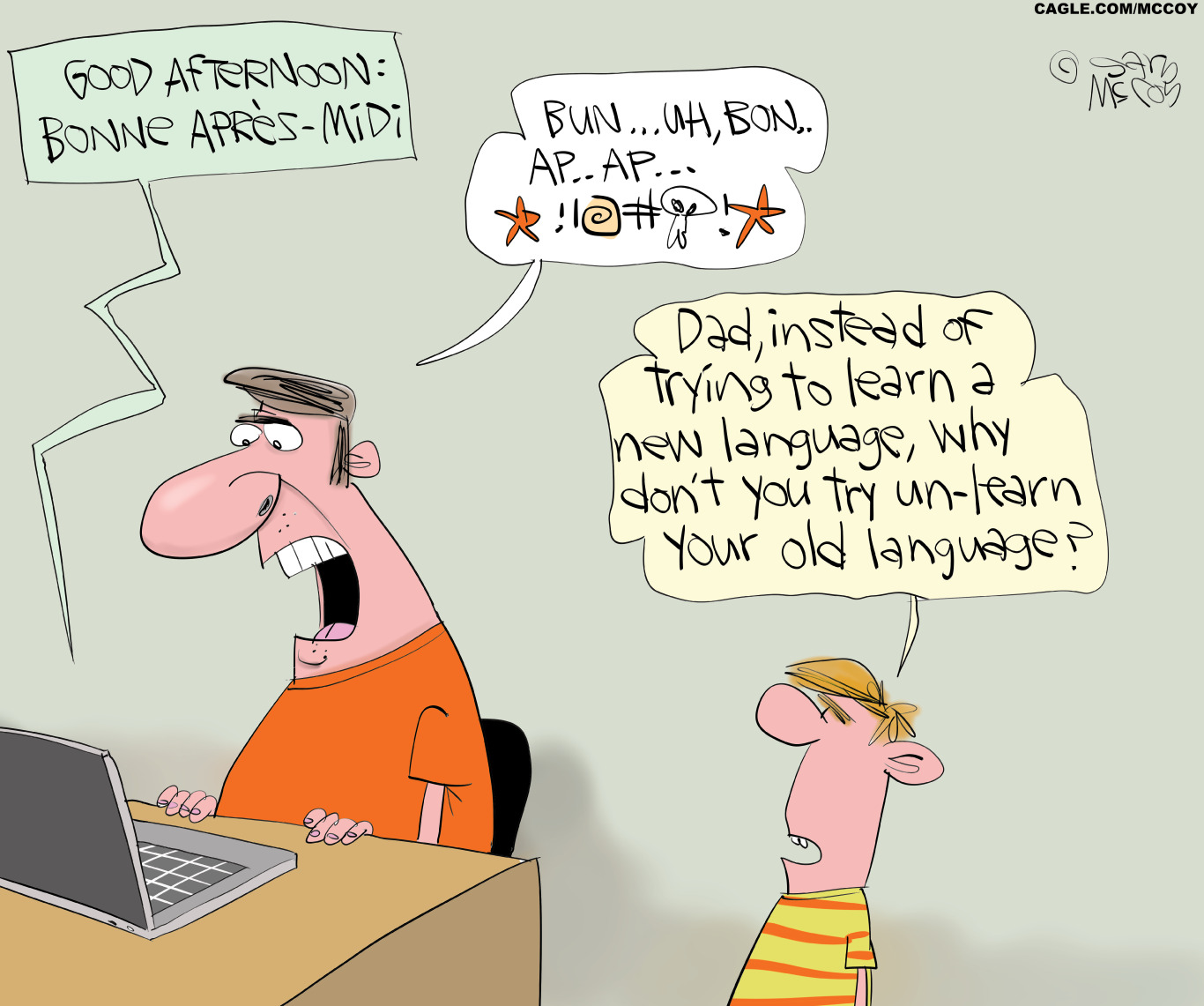The Trans-Pacific Partnership's biggest failure
Currency manipulation is a really big deal. So why doesn't this massive trade agreement properly address it?


America, meet the Trans-Pacific Partnership.
The mammoth trade deal — TPP, for those of you on less formal terms — covers the United States and 11 other Pacific Rim countries. While the deal was tentatively finalized in early October, the full text was not released until Thursday morning. (If you've got the time to read it — say, a spare month or two — you can find the whole thing here.)
Over the coming months, all interested parties — business groups, human rights campaigners, unions, environmentalists, and everyone else — will pore over the details to decide whether the TPP is something they can support. Then Congress will vote sometime next year. And make no mistake: If the TPP dies, it will be an act of populist revolt unprecedented in modern politics — a clear signal to American elites and the global ruling class that they need to go back to the drawing board.
The Week
Escape your echo chamber. Get the facts behind the news, plus analysis from multiple perspectives.

Sign up for The Week's Free Newsletters
From our morning news briefing to a weekly Good News Newsletter, get the best of The Week delivered directly to your inbox.
From our morning news briefing to a weekly Good News Newsletter, get the best of The Week delivered directly to your inbox.
But there's one particular piece of the deal that should loom especially large in everyone's thinking. Or, to be more precise, one particular piece that isn't in the deal.
That would be currency manipulation. Very roughly put, it's when your country uses monetary policies that lower the value of your currency relative to other currencies. That makes your exports to other countries cheaper, and your imports from other countries more expensive, creating a trade surplus for you, and forcing other countries into a trade deficit.
America has had trouble on this score with Japan, Malaysia, and Singapore — all parties to the TPP deal. Our trade deficit has been enormous since the late 1990s, and over the last few years has bounced around between $375 billion and a whopping $460 billion. (That's 2 to 3 percent of GDP for those keeping score at home.) Japan, Malaysia, and Singapore certainly aren't solely responsible for this, since China — who isn't a member of the TPP, but whom the deal is clearly aimed at pressuring — has been manipulating its currency, too. But research suggests currency manipulation could explain at least half the trade deficit, and maybe all of it.
The trade deficit is a problem because it means demand within American borders is driving economic activity in other countries instead of here. That arguably makes it the single biggest drag on America's ability to create jobs here at home and reach full employment. The Economic Policy Institute (EPI) has estimated that eliminating currency manipulation could create between 2.3 million and 5.8 million new American jobs.
A free daily email with the biggest news stories of the day – and the best features from TheWeek.com
Whether we've got a trade surplus or deficit must, as a matter of mathematical necessity, equal out with whether the government is running a surplus or deficit, plus whether Americans are saving or borrowing more on net. It's complicated, but the takeaway is we can counteract the trade deficit at different levels of national economic output, i.e. higher or lower GDP. So we can address it in a way that delivers full employment, or in ways that deliver a chronic lack of employment. Probably the best way to balance out at full employment is to get everyone's currencies back on an even keel.
Ostensibly, the Federal Reserve could do this just by devaluing the U.S. dollar. But with interest rates already at rock bottom, and inflation still showing no signs of rising, the Fed appears to be out of ammunition. (Barring some truly radical changes to how America conducts monetary policy.) That leaves us trying to talk other countries into altering their behavior.
This gets tricky for two reasons.
One, as a historical matter, the United States is far from an innocent victim here. In the 1980s and 1990s, American elites and other Western power brokers forced developing countries in Asia and Latin America into austerity to pay back their debts. So countries like Malaysia bought up lots of U.S. dollars — both to pay back their debts and to cushion against any repeats of the experience. That drove the value of our currency way up, blowing open our trade deficit.
The other problem is that, as a practical matter, it's hard to differentiate currency manipulation from the standard monetary policy adjustments that every country should be free to engage in. EPI's Robert Scott and other economists, like Jared Bernstein, have suggested defining currency manipulation as using domestic or government-controlled resources to buy assets specifically denominated in foreign currencies. That still leaves a lot of room for normal monetary policy: "If you look at the foreign currency holdings of the Federal Reserve, they're trivial — a few tens of billions of dollars," Scott explained. "Officially, in the Japanese central bank, they're about $1.4 trillion. So that's a bright line."
So currency manipulation is a very big deal. Yet what does the TPP have to say about it? Well, nothing. The issue of protecting legitimate monetary policy proved too thorny, so any official language on currency manipulation was left out.
As a sort of consolation prize, officials created a diplomatic side agreement that goes along with the TPP. And it's not bad: The signatories reaffirm their commitment to international standards on currency manipulation already in place, and promise to consult with one another on, and provide transparent reporting of, their monetary operations. But it doesn't appear to include any language on reciprocity — allowing us to go into financial markets and buy another country's currency if they're going in and buying our dollars. Nor does the side pact carry the enforcement bite of the official TPP agreements. Its main enforcement mechanism is the honor code of diplomatic pressure.
So the real questions then become how hard do we think the White House pushed for a better currency manipulation agreement, whether we think this is a good enough start to build on, and if we think blowing the whole TPP up and starting over could ultimately deliver a better result.
Of course, there are lots of other considerations: Will the TPP improve human rights in other countries, lift up their workers, and protect their environments? And what about the approach to drug patents that will now become ubiquitous across all 12 countries? Still, among all these questions, currency manipulation is arguably the most important factor for protecting American workers here at home. More than that, it's key to reorienting the entire flow of global trade in a way that's healthier for developing countries as well as the United States.
Jeff Spross was the economics and business correspondent at TheWeek.com. He was previously a reporter at ThinkProgress.
-
 The best alcohol-free alternatives for Dry January
The best alcohol-free alternatives for Dry JanuaryThe Week Recommends Whether emerging from a boozy Christmas, or seeking a change in 2026, here are some of the best non-alcoholic beers, wines and spirits to enjoy
-
 A lemon-shaped exoplanet is squeezing what we know about planet formation
A lemon-shaped exoplanet is squeezing what we know about planet formationUnder the radar It may be made from a former star
-
 Political cartoons for January 4
Political cartoons for January 4Cartoons Sunday's political cartoons include a resolution to learn a new language, and new names in Hades and on battleships
-
 Bari Weiss’ ‘60 Minutes’ scandal is about more than one report
Bari Weiss’ ‘60 Minutes’ scandal is about more than one reportIN THE SPOTLIGHT By blocking an approved segment on a controversial prison holding US deportees in El Salvador, the editor-in-chief of CBS News has become the main story
-
 Has Zohran Mamdani shown the Democrats how to win again?
Has Zohran Mamdani shown the Democrats how to win again?Today’s Big Question New York City mayoral election touted as victory for left-wing populists but moderate centrist wins elsewhere present more complex path for Democratic Party
-
 Millions turn out for anti-Trump ‘No Kings’ rallies
Millions turn out for anti-Trump ‘No Kings’ ralliesSpeed Read An estimated 7 million people participated, 2 million more than at the first ‘No Kings’ protest in June
-
 Ghislaine Maxwell: angling for a Trump pardon
Ghislaine Maxwell: angling for a Trump pardonTalking Point Convicted sex trafficker's testimony could shed new light on president's links to Jeffrey Epstein
-
 The last words and final moments of 40 presidents
The last words and final moments of 40 presidentsThe Explainer Some are eloquent quotes worthy of the holders of the highest office in the nation, and others... aren't
-
 The JFK files: the truth at last?
The JFK files: the truth at last?In The Spotlight More than 64,000 previously classified documents relating the 1963 assassination of John F. Kennedy have been released by the Trump administration
-
 'Seriously, not literally': how should the world take Donald Trump?
'Seriously, not literally': how should the world take Donald Trump?Today's big question White House rhetoric and reality look likely to become increasingly blurred
-
 Will Trump's 'madman' strategy pay off?
Will Trump's 'madman' strategy pay off?Today's Big Question Incoming US president likes to seem unpredictable but, this time round, world leaders could be wise to his playbook
